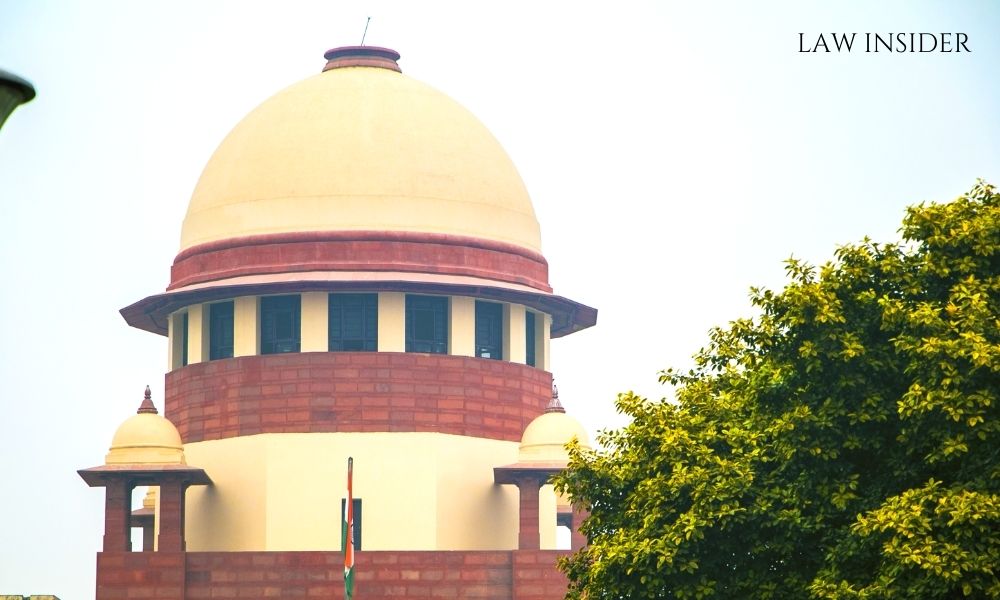LI Network
Published on: 27 September 2023 at 17:40 IST
The Supreme Court of India ruled that, under the Securitisation and Reconstruction of Financial Assets and Enforcement of Security Interest Act, 2002 (SARFAESI Act), a borrower’s right to redeem a mortgage is extinguished once the bank publishes an auction notice for the sale of the secured asset.
The bench, comprising Chief Justice of India DY Chandrachud and Justice JB Pardiwala, emphasized the critical importance of upholding the integrity of the auction process under the SARFAESI Act. They reaffirmed that banks have a duty to adhere to the provisions of the law, just like any other litigants.
Case Overview:
The case revolved around borrowers who had availed a credit facility of Rs. 100 crore from a bank. They utilized Rs. 65 crore to settle an existing LRD facility and provided a simple mortgage over a piece of land as security for the remaining Rs. 35 crore. Unfortunately, the borrowers defaulted on the loan, resulting in it being classified as a Non-Performing Asset (NPA).
The bank issued a demand notice under Section 13(2) of the SARFAESI Act, seeking repayment of the principal amount, along with interest, costs, and charges, totaling Rs. 123.83 crore. Since the borrower couldn’t repay, the bank decided to auction the secured asset.
After several unsuccessful attempts, the bank eventually sold the asset for Rs. 105 crore, with the appellant emerging as the highest bidder and depositing the bid amount. Concurrently, the borrowers filed a redemption application before DRT-I. While awaiting the DRT’s decision, they also approached the High Court, seeking permission to redeem the mortgage on the secured asset. Before the High Court, the borrowers expressed their willingness to pay Rs. 129 crore to redeem the mortgage, which the bank accepted. Consequently, the High Court permitted the borrowers to redeem the mortgage upon payment.
Subsequently, the appellant, the auction winner, appealed to the Supreme Court against the High Court’s order.
The Supreme Court, in its ruling, held that the borrower’s failure to tender the entire amount due before the publication of the auction notice, as stipulated by Section 13(8) of the SARFAESI Act, led to the “extinguishment of the right of redemption of the mortgage.” The Court clarified that once the Section 13(8) stage concluded and the auction was finalized, the borrower no longer retained any right of redemption under Section 13(8).
Justice Pardiwala, who authored the judgment, explained:
“The right of redemption is clearly restricted until the date of publication of the sale notice under the SARFAESI Act, whereas this right continues under Section 60 of the Transfer of Property Act 1882 until the execution of the conveyance of the mortgaged property.”
The court further added:
“Such a scenario is all the more worrisome, because the general public who participate in such auctions are often neither aware nor informed by the secured creditors conducting the auctions, that as long as the sale certificate is not issued, they will not have a right in the said asset and that the borrower whose asset is being auctioned could sweep-in and redeem the mortgage any time, and thereby thwart their rights and the very auction process.”
Case Title: Celir LLP v. Bafna Motors (Mumbai) Pvt. Ltd. And Ors.

